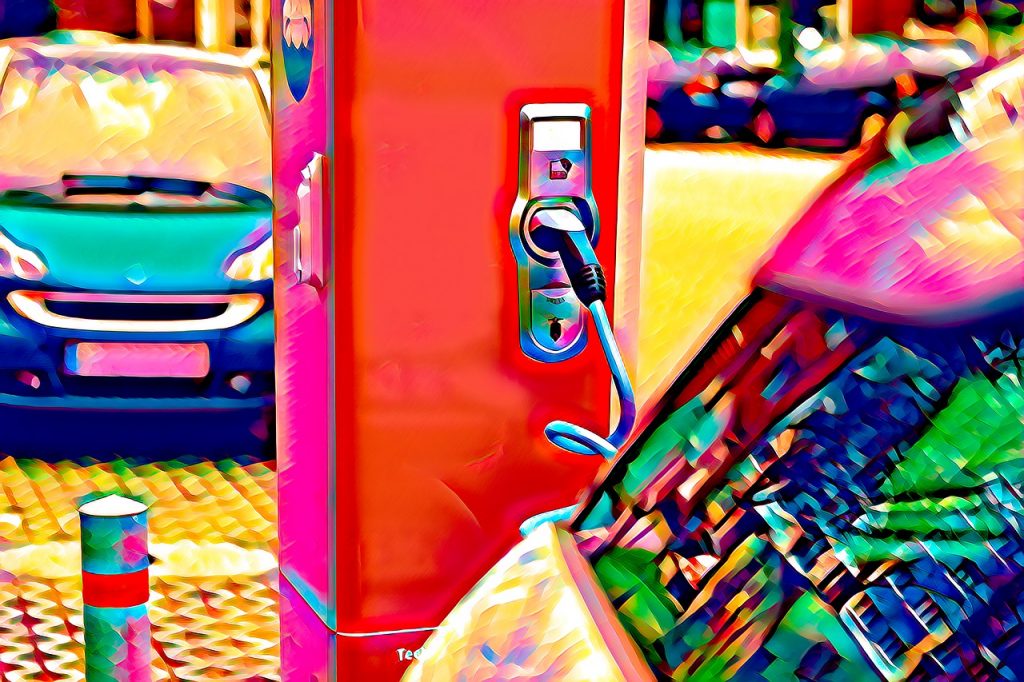
Electric cars are very popular these days. Most want one, but the decision to buy one is still postponed because different factors: lack of charging stations, high prices, low mileage, etc.
Car manufacturers understand this trend, and their plan is focused on a future with only electric cars only. You can see this list of electric car models that will be released in the next five years. Almost all car manufacturers will release one or more electric cars in the next five years: Hynday, Audi, Mercedes-Benz, BMW, Ford, Cadillac, Bytoon, Canoo, Chevrolet, Faraday, Genesis, GMC, Jeep, Kia, Lexus, and many others.
With all this hype around electric cars, it is obvious that gas cars are already past their peak. Big city councils are starting to put higher taxes, or even deny gas cars entering the center of the city.
Like any other disruptive technology, myths were released, probably from gas and oil industry, to prevent people to move to electric cars. One of those myths is that electric cars are worse for climate change than gasoline cars.
This myth emerged because the production of batteries to store energy for electric vehicles requires more energy and generate more greenhouse gas than the production of a gasoline car. This is true and it was determined in studies. However, when we say that electric cars are worse for climate change than gasoline cars, we have to take into account the greenhouse gas emissions both for production and lifetime usage.
During the lifetime usage, a gasoline care produce more greenhouse gas and is worse for climate change than electric cars, even if we take into account the extra energy required for the production of batteries.
You can read on Environmental Protection Agency website more about this and other myths about electric vehicles.